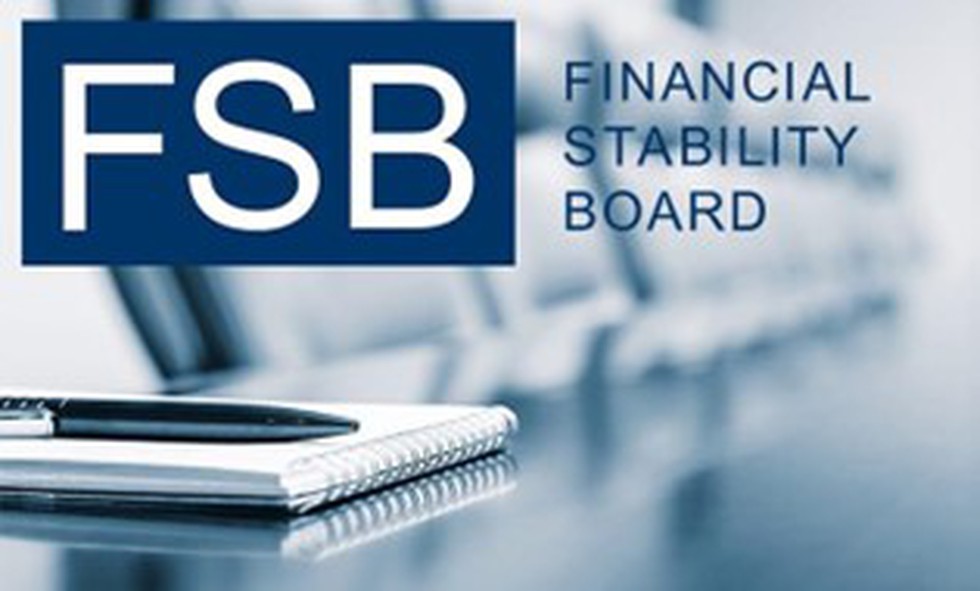About Financial Stability Board (FSB):
- FSB was established by the G20 in 2009 in the wake of the financial crisis.
- Mandate: It was created expressly to coordinate at the international level the work of national financial authorities and international standard-setting bodies and to develop and promote the implementation of effective regulatory, supervisory, and other financial sector policies in the interest of financial stability.
- The FSB brings together national authorities responsible for financial stability (central banks, supervisory authorities, and finance ministries), international organisations, and standard-setting bodies.
- The FSB operates by monitoring, analyzing, and making recommendations on key aspects of the financial system. It assesses emerging issues that could impact global financial stability.
- The FSB’s decisions are not legally binding on its members.
- Headquarters: Basel, Switzerland.
- Members:
- The FSB consists of 68 member institutions. It comprises several central banks, ministries of finance, and supervisory and regulatory authorities from 25 jurisdictions, as well as 10 international organizations and six Regional Consultative Groups (RCGs).
- The board includes all G20 major economies.
- Structure:
- The Plenary, which serves as the sole decision-making body.
- The Steering Committee, which takes forward operational work in between plenary meetings.
- Three Standing Committees, each with specific but complementary responsibilities.
- India and FSB: India is an active member of the FSB, having three seats in its Plenary represented by the Secretary (Dept of Economic Affairs), Deputy Governor-RBI, and Chairman-SEBI.
